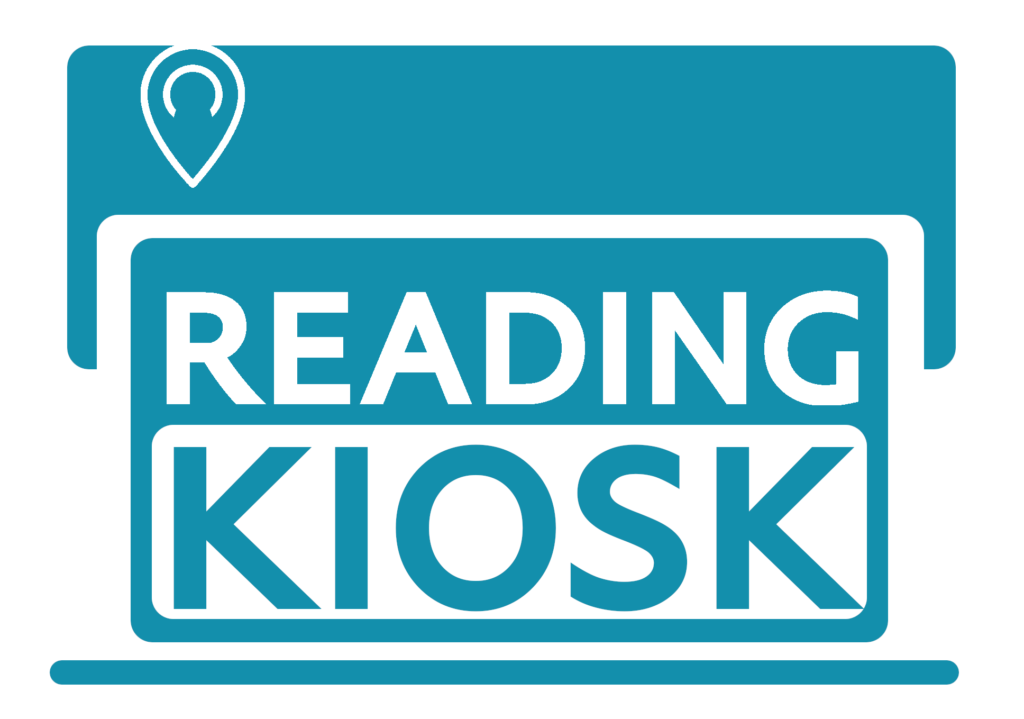Reading Kiosks
Providing reading stations for children to congregate for learning

Literacy rate amongst children in Ghana is very low. Although, Statistics show that Ghana’s literacy rate for people aged 6 and older was 69.8% in 2021. However, literacy rates vary by region, with the Greater Accra Region having the highest rate at 87.9% and the Savannah Region having the lowest at 32.8%, We believe that this advertised rate may be much lower and may even be lower if the level of literacy is considered
This project is designed to provide libraries outside the classroom environment although on school premises to provide opportunities for children (both those enrolled in the schools and those not enrolled) to read under supervision.
Based on research done by the Chamber of Entrepreneurship and Innovation, Most Libraries in public schools are ill-equipped and provide a limited number of books, diminishing the ranch of required reading for children. Further, Most of these libraries are usually ill maintained and are run down within a few years of being set up, again there is a shortage in teacher willing to supervise the reading of pupils. All these render the traditional library system ineffective. Again, the libraries usually close when school is closed, limiting the exposure of pupils to reading material. to do this,
By our estimation, with the revision of reading curricular are implemented worldwide, there are many books that are disposed off. Many other books are thrown out when they have already been read. We in tend to partner with international and local organizations to supply books to power the project.
We feel that the traditional library although good need to be innovated to reach more children, there is a mobile library module that takes books to less privileged communities after which the books are given out to the children. Although this is also good, we believe there are parts of that module that can me improved. The reading kiosk had been the center of reading culture and information dissemination for over 100 years, and we intend to tweak this to bring reading to the children of Africa at a moderate cost.
To get this project off the ground, We seek to partner with organizations to provide Expertise, Funding, Logistics and Training to ensure that this laudable initiative is launched to provide the desired impact. Although this is focused on Ghana for now, the scalability of the idea provides room to grow and innovate to increase the literacy rate in Africa and beyond.
